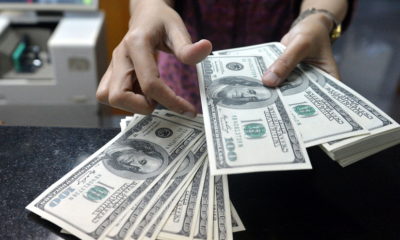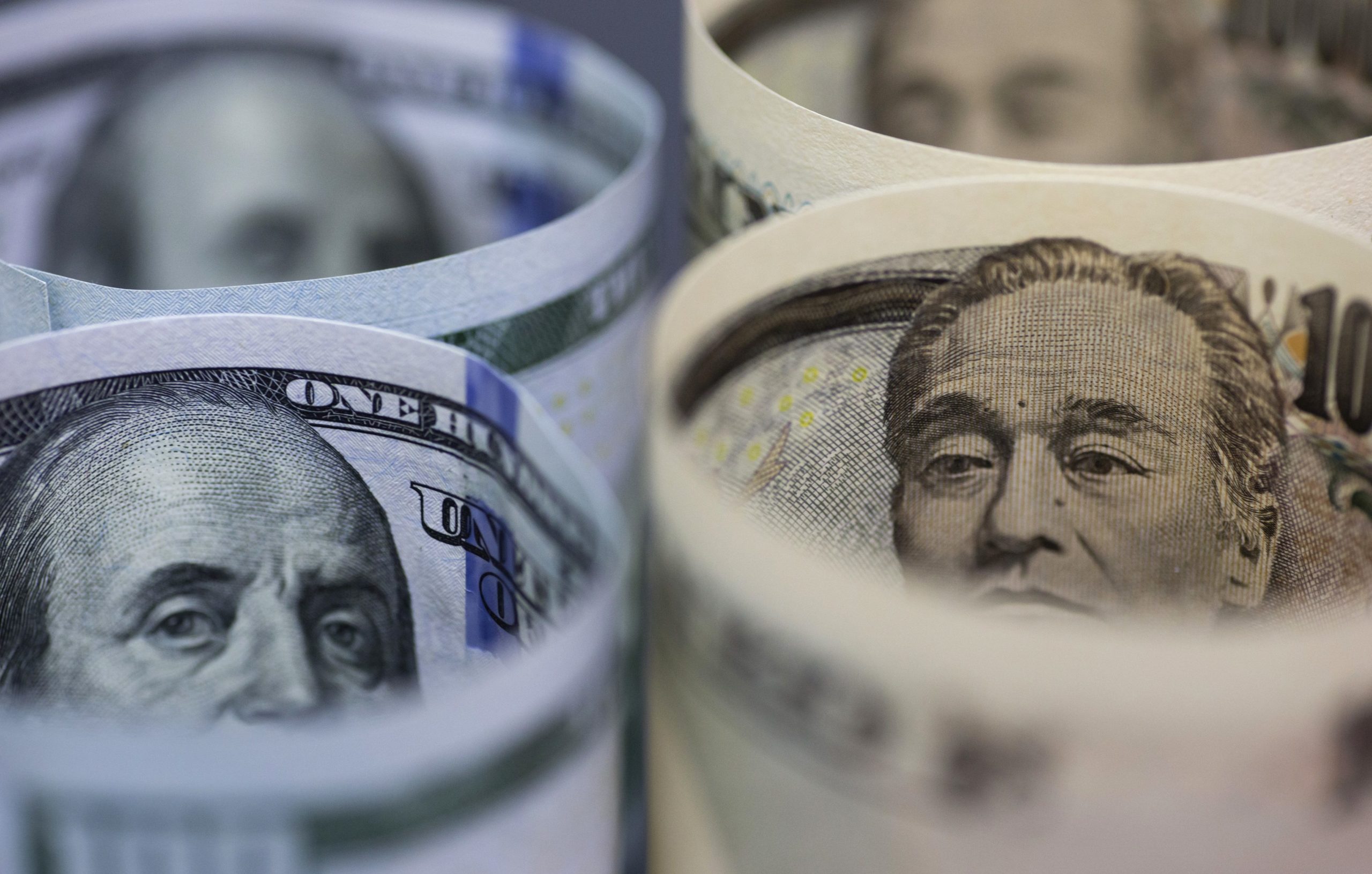KPMG Nigeria, a leading professional service company, has projected that the foreign exchange (FX) rate in the country will range between N650/$ to N750/$ following the recent floatation of the currency.
KPMG’s forecast, shared in their flash notes published on June 15, 2023, sheds light on the potential outcomes of this bold move.
KPMG Nigeria emphasized the importance of implementing supporting policies that encourage and guarantee a steady supply of FX in order to achieve relative equilibrium in the FX market.
The company highlighted the need for proper decentralization of the FX supply environment, with the Central Bank of Nigeria (CBN) still acting as the primary supplier of FX.
“We estimate that the FX rate will range within N650 to 750/$ in the near term. Relative equilibrium will depend on how quickly supporting policies are introduced that encourage and guarantee FX supply,” stated KPMG.
By taking the bold decision to float the currency, the gap between the official and parallel markets is expected to narrow over time. KPMG Nigeria highlighted the potential reduction in arbitrage opportunities and the discouragement of round-tripping, which would foster increased confidence in the Nigerian economic environment.
“By collapsing all its official multiple FX windows into its I & E window and granting commercial banks and dealers in the forex market the authority to sell forex freely, the government has initiated the first of several steps it needs to take to unify the FX rates,” explained KPMG.
The immediate reaction to the currency floatation was evident, as the official I & E window witnessed a significant jump, closing at N664/$ on the day of the announcement compared to N473/$ the day before.
“The eventual anticipated convergence of the FX rates will also immediately improve much-needed government FX-related revenue, which helps to slow the pace of debt accretion and improve expenditure on physical and social infrastructure,” added KPMG Nigeria.
KPMG Nigeria also highlighted the potential unintended consequences of these actions. A reduction in value-added tax (VAT) and companies’ income tax may occur if consumption expenditure shrinks, leading to a decline in corporate earnings. Businesses may also face increased costs due to unexpected FX losses resulting from dealing with higher rates during the financial year.
“To avoid any reversals to gains experienced in the last few weeks, sustain the positive momentum and atmosphere of cautious optimism currently being witnessed, it is important that clarity, especially relating to the remaining FX and monetary policy supporting structures, are worked out,” cautioned KPMG Nigeria.
Additionally, KPMG recommended that the government introduces erstwhile promised inflation support measures post-PMS subsidy removal to minimize disruptions in consumer demand and business earnings. They suggested short to medium-term income tax, value-added tax, and corporate tax reliefs, as well as non-cash-based incentives that would be less inflationary.
“The government should lead by example also by reviewing and cutting out wasteful expenditure just as it advocates for the public to bear the short-term pains from needed restructuring and reform,” urged KPMG Nigeria.
While KPMG acknowledged the short-term challenges that may arise, they believe that the combined impact of these key monetary and fiscal policy decisions will be positive, especially in the long term.
The projected FX rate range of N650/$ to N750/$ following the currency floatation indicates a new era for Nigeria’s economy. With careful implementation of supporting policies and a focus on sustainable growth, the country has the potential to attract investments and achieve greater economic stability.


 Forex3 weeks ago
Forex3 weeks ago
 Naira3 weeks ago
Naira3 weeks ago
 Billionaire Watch3 weeks ago
Billionaire Watch3 weeks ago



 Naira3 weeks ago
Naira3 weeks ago






 Naira2 weeks ago
Naira2 weeks ago




 Naira2 weeks ago
Naira2 weeks ago






 Naira2 weeks ago
Naira2 weeks ago




 Naira4 weeks ago
Naira4 weeks ago





















